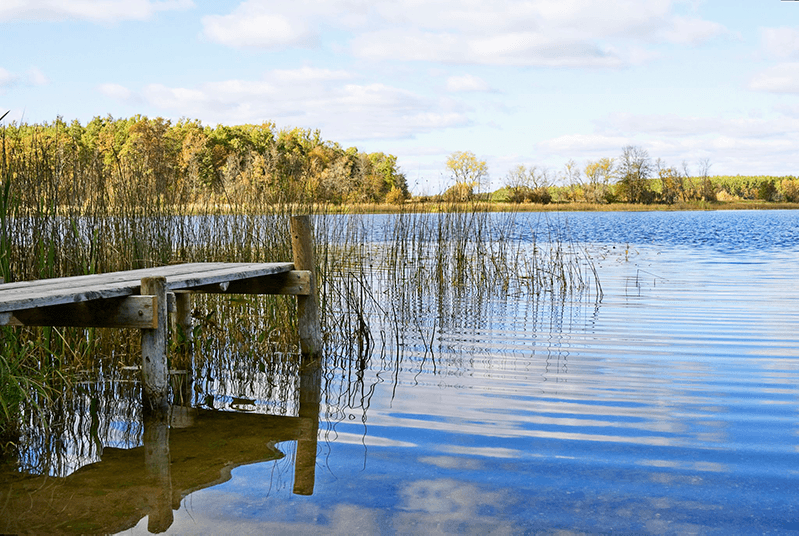Study: human-made pollutants in remote, undeveloped lakes?
A recent story from Minnesota Public Radio shines a light on some unexpected (and unnerving) new findings. Even in Minnesota’s relatively remote and pristine lakes, researchers are finding human-made contaminants of concern.
The three-year study, published in the journal Science of the Total Environment, examined samples of water, sediment and fish tissue at 28 sites within the Grand Portage Indian Reservation and 1854 Ceded Territory in northeastern Minnesota.
The researchers found that human contamination was common — including contaminants such as pharmaceuticals, insect repellents, industrial chemicals and even cocaine.
Most troubling is that some contaminants of concern were found in remote lakes where there is no clear human source of the pollution, inviting new speculation as to how precipitation or even wind-blown dust could be transporting human contaminants far and wide.
Environmental injustice?
Given the cultural and economic importance of subsistence fishing in Indigenous communities, these results naturally raise new safety and security questions.
Fish consumption guidelines are in place throughout the state to help minimize human exposure to such pollutants in fish tissue (a primary mode of human exposure). However, these guidelines rely on limiting overall fish consumption to mitigate risk — especially for children and women who are or may become pregnant. For subsistence fishing, this advice is not always practical.
As a result, the study further highlights the disproportionate impact environmental contamination can have on our Indigenous communities.
Safe disposal of medications
One of the key takeaways from the study is that pharmaceutical contamination is increasingly widespread. While the study was unable to identify the source of these contaminants, it is clear that we can all do a better job of safely disposing unwanted or unused medication to help prevent those chemicals from entering our environment.
Here's a great new resource for safely disposing on unwanted or unused pharmaceuticals.
Ready to make a difference?
Sign up to be a River Guardian so you can take action when threats to clean water and the river arise. Keep an eye on the water blog for more news on water quality.
